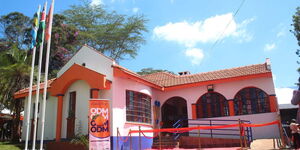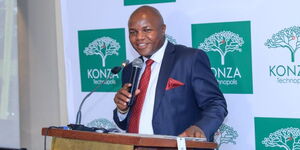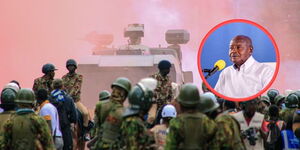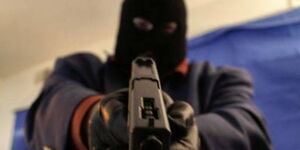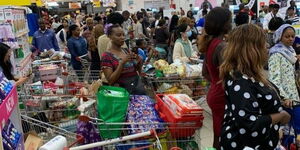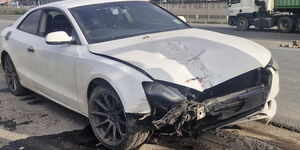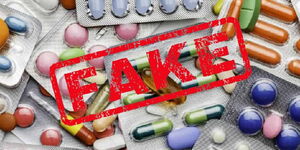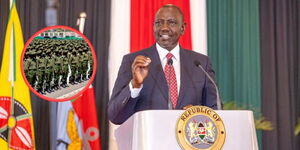At a time when the Covid-19 pandemic is terrorizing a huge part of the world, a rare glimmer of hope is making efforts in combating the virus easier.
It comes in the form of a Kenyan platform identified as Ushahidi, founded in 2008 by Erik Hersman, Juliana Rotich, Ory Okolloh, and David Kobia.
According to the website, Ushahidi, which translates to “testimony” in Swahili, was developed to map reports of violence in Kenya after the post-election violence (PEV) in 2008.
Ushahidi describes itself as a social enterprise that provides software and services to numerous sectors and civil society to help improve the bottom-up flow of information.
The platforms CEO Angela Oduor, speaking exclusively to Kenyans.co.ke, noted that at the time of its creation, the founders never envisioned that the platform would come in handy at a time such as this (during the COVID-19 outbreak).
"When Ushahidi was started 12 years ago, the goal was to provide access to critical information in a time of crisis, and enable ordinary citizens to share their experiences of PEV, and create awareness.
"I don’t think, at the time, that they had a full grasp of how much of a difference it would make because it opened up the world to the importance of collective intelligence and engaging with ordinary people to solve problems in their communities," she stated.
Oduor further informed that the platform's use, while it has come in handy during the COVID-19 outbreak, had been in use to solve various problems in over 160 countries in the world.
Oduor told Kenyans.co.ke that the essence of the platform from the start was tailored towards Crisis response, Transparency and accountability, and Human rights and advocacy, matters in which it has been largely successful.
"Our focus has been on making sure marginalized groups are able to raise their voices, and the organizations that serve them to listen and respond better, across these categories, and more.
"While one of the major functions of that has been in holding duty bearers to account, more often than not the reception has been good because it’s helped governments and other response organizations make informed decisions on how to serve their citizens," she explained.
An analysis by Harvard's Kennedy School of Government found that the data collected by Ushahidi was superior to that reported by the mainstream media in Kenya in 2008, and also established that the service was more effective for reporting non-fatal violence as well as information coming in from rural areas.
The platform has been key in combating cases of rape in India, responding to the plight of earthquake victims in Nepal, agitating for social change and the fight against corruption in Macedonia, and has also been used in ensuring free and fair elections in Kenya since the 2010 referendum, to the subsequent polls.
It has also been used to document sexual harassment in Egypt, map areas in need after the Haiti earthquake in 2012, map the attacks on civilians in Syria and a version of it was deployed in the US on November 8, 2016, to monitor the polls, mainly for cases of voter suppression.

